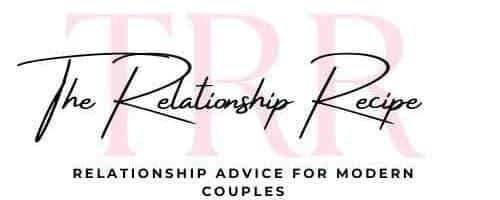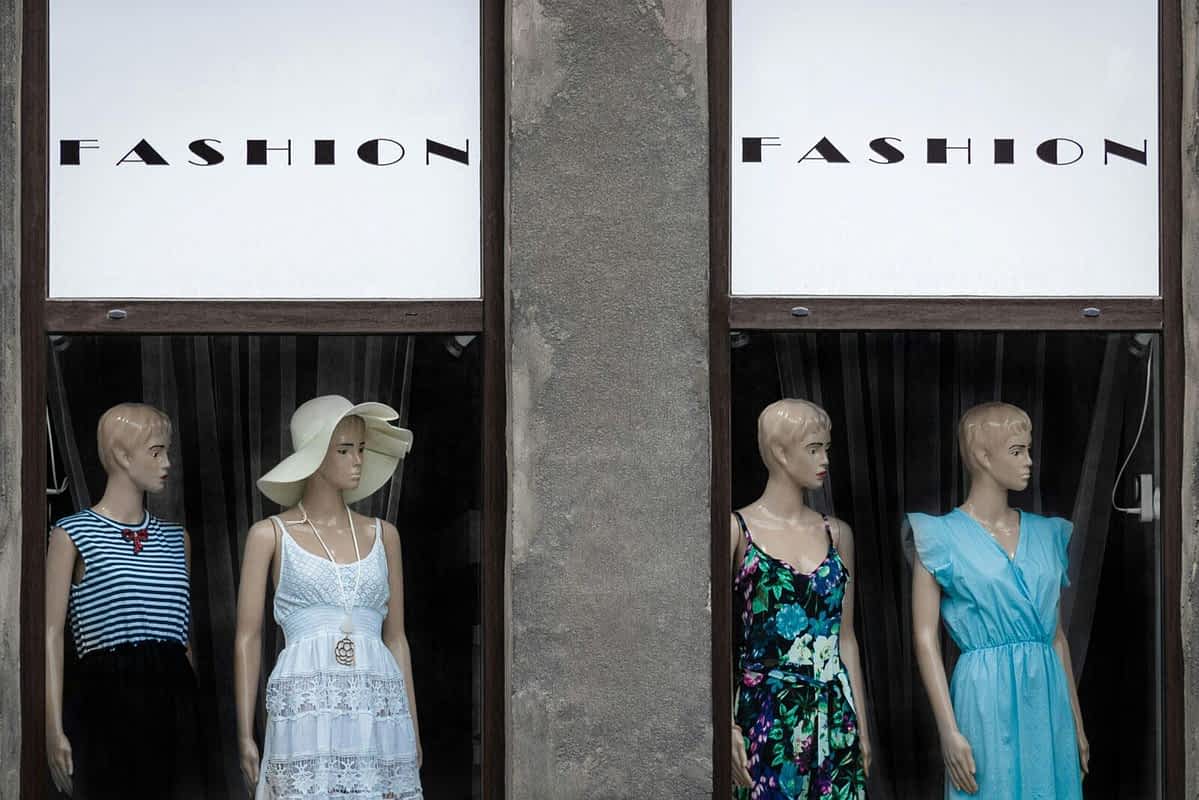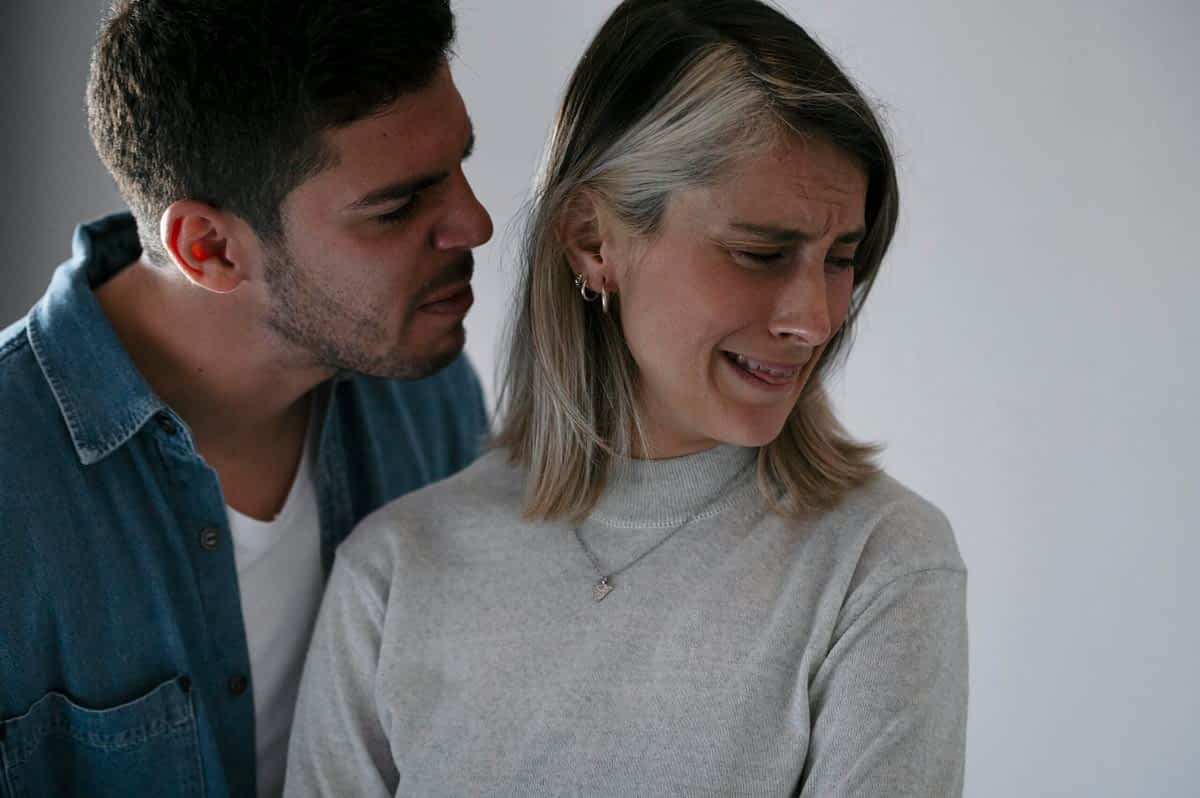Why Women Aren’t Seen as Fully Human by Men
Here’s the hard truth: women aren’t seen as fully human by men – and it shows up constantly in everyday life. It’s the way we’re interrupted, ignored, talked down to, underpaid, and expected to smile through all of it like it’s our job to be agreeable. This isn’t just a few bad apples; it’s the rotten roots of how society teaches men to see us. Spoiler: they don’t. At least not as equals, and definitely not as full people.
What we’re dealing with is toxic masculinity wrapped in politeness and male entitlement disguised as “just being honest.” Underneath it all? A long history of men treating women like objects: decorations, support staff, emotional punching bags, anything but actual, breathing, complex humans.
This isn’t just rudeness or cluelessness – it’s the dehumanization of women. It’s toxic masculinity doing what it does best: shrinking women down into roles that make men feel bigger. Think about it. Men don’t see women as equals because they were never really taught to. Instead, society trained them to see us as trophies, therapists, or sensual little sidekicks. Basically, men treating women like objects is baked into the culture. Very much so in 80’s culture.
Recently I ran across a rather mind-blowing, but evergreen, article from 2018 on The Cut with Terry Crews (a football player, actor and #MeToo activist) about the toxic culture of men not seeing women as fully human.
In the article, Terry discusses toxic masculinity and how cult-like it is (his description). He equates it as being no different from Jim Jones or David Koresh , and goes on to say:
This is what happens with men and women. […] As a woman, they talk, but a guy is not looking at you as even all the way human. This is what you have to understand — there is a humanity issue here,” he continued. “[Women are] like, ‘Why don’t you hear me? Why don’t you see my feelings?’ And [men are] like, ‘But you’re not all the way human. You’re here for me, you’re here for my deal.’ It’s real.
💡Key Highlights
- Why the way men are raised shapes how they see women – and not in a good way
- The subtle cultural messages that keep women stuck as “less than”
- How everyday conversations and media fuel the problem without you even noticing
- What it actually takes to break free from this damaging cycle

I think, deep down, I always knew that what he was saying was true. My own life had already confirmed it in a dozen quiet, exhausting ways. But still, seeing it spelled out in plain language and admitted to without apology made it hit different. I felt this weird mix of shock and validation. Like, wow, I wasn’t just imagining it… but also, damn, I wish I had been.
It’s one of those heavy truths you keep trying to shove to the back of your mind, because really sitting with it feels like trying to swallow a brick. Women aren’t seen as fully human by men. Not really. Not consistently. And the realization doesn’t come all at once. It creeps up on you. A comment here. A dismissal there. And then – bam – some new example jumps out and slaps you across the face with it.
I’ve never thought of myself as a feminist. Honestly, some of the things that get other women fired up just confuse me. I grew up in the ‘70s and ‘80s. I don’t get offended easily. I wasn’t raised to walk around looking for things to be mad about – in fact I do what I can to avoid that emotion. There is enough out there ticking me off as it is.
But that survival mindset; that “let it slide” reflex… it has a shelf life. Because eventually, you can’t unsee it. Toxic masculinity and women don’t mix well. And once you recognize the pattern: men treating women like objects, men don’t see women as equals, you start realizing just how many cracks you’ve been papering over your whole life.
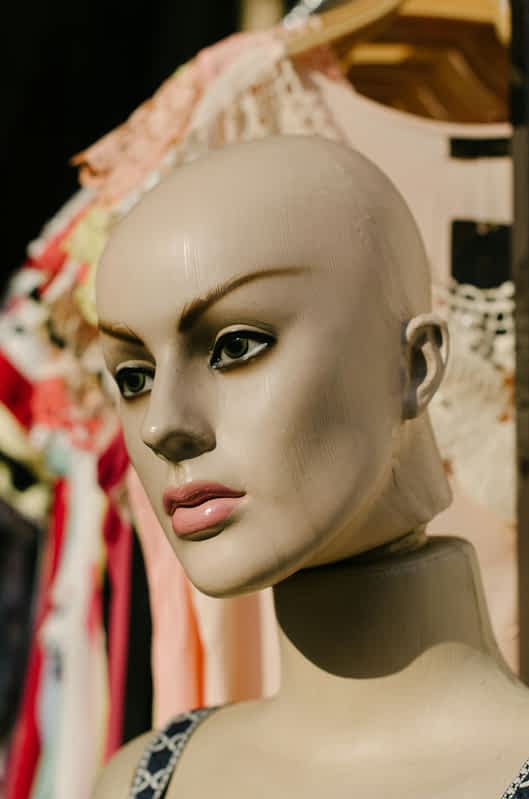
On the other hand, since becoming a relationship writer, these examples of the dehumanization of women, have been slapping me silly lately.
I’ve written about bitter men and showcased with real screenshots of how these men don’t see women as equals. It’s true. There are men out there that either on a conscious, or subconscious level, see women as subhuman. Their disgusting comments nauseated me, and the ones I showcased are probably pretty tame compared to how they probably think or how talk to other men about women.
That is shocking to me in this day and age, but it shouldn’t be, and wouldn’t be, if I’d not kept my head in the sand, trying to ignore it. For the most part, I love men… always have. In a one on one conversation, I find that I can relate well to most of them. My ability to relate to the majority of them, may have been part of the reason why I didn’t want to believe this.
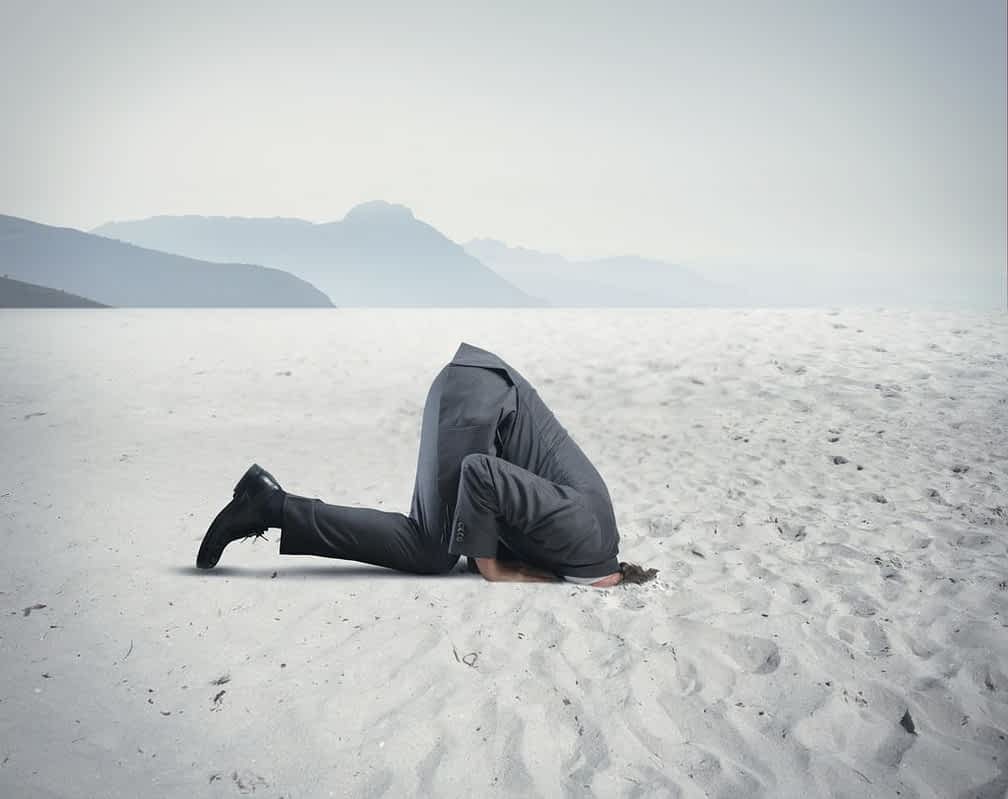
I think I might be having a long-overdue epiphany. Don’t get me wrong, I’ve always been pro-equality. Equal pay? Yes. Equal rights? Of course. Women being treated like, you know, actual people? Obviously. I’ve checked all the boxes on the “I support women” list for years.
But here’s the thing: supporting equality on paper isn’t the same as confronting the ugly reality. And that reality is this women aren’t seen as fully human by men. Not all men (yes, yes), but enough of them.
There’ve been moments where that thought crept in. Moments that made me wonder if I was just imagining things, or overthinking it. But then I read that article. And something clicked. Or maybe it snapped. Either way, it shook something loose I’d been trying not to look at too closely..
I’ve written about toxic masculinity and women, like the fragile male ego, abuse, and all the “fun” that comes with dealing with it. Recently, I posted an article on how it all ties together with male fragility, abuse, and emotional immaturity. But what umbrella would dehumanizing women be under?
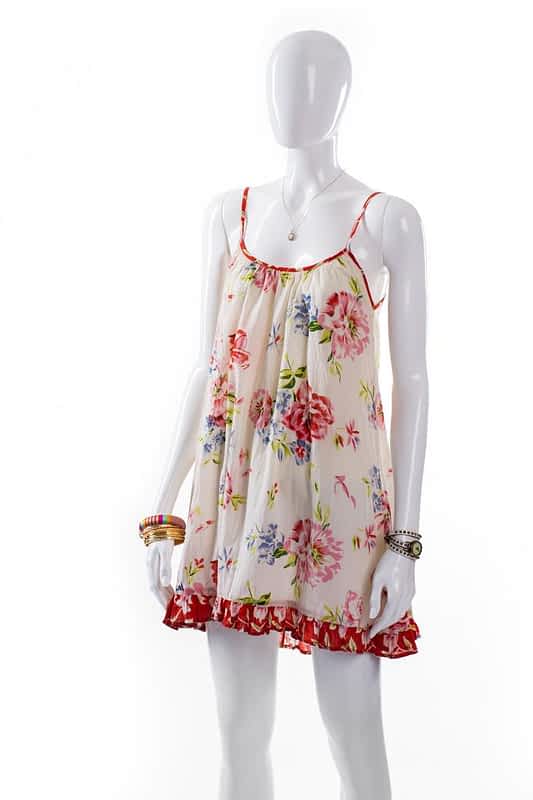
Let’s talk about what’s really going on here: toxic masculinity sets the stage for the dehumanization of women. It glorifies dominance, emotional detachment, and power plays, which makes it nearly impossible for some men to engage with women as equals. And when men don’t see women as equals, the result isn’t just disrespect—it’s a complete denial of our personhood.
This isn’t just about a few “bad guys,” this is a system, baked into culture, that tells men they need to dominate, control, and suppress any softness to prove they’re “real men.” And surprise! That same system fuels the dehumanization of women.
When a man is taught that power means control, and feelings make you weak, it’s not a huge leap to stop seeing women as equals. In fact, men don’t see women as equals because they were never expected to. We’re conditioned to be helpers, caretakers, ornaments, all put there for men’s benefit. This is how women aren’t seen as fully human by men, because masculinity, as it’s often defined, can’t handle it.
🚩Here’s how that plays out:
- Control and Power: Asserting dominance over women becomes a performance. It’s not about connection—it’s about proving they’re the boss.
- Emotional Suppression: Expressing vulnerability? Not manly enough. So instead, emotions get buried, twisted into anger, and guess who often ends up on the receiving end? Yep, women.
- Entitlement: Some men act like they’re owed access to our time, our energy, our bodies. Like we exist to orbit around them. That’s men treating women like objects, not partners.
And let’s not forget fragile masculinity, which is like toxic masculinity having a constant identity crisis. These are the guys who crumble at the idea of a woman being smarter, stronger, or more successful. Their whole ego depends on keeping us in “our place.”
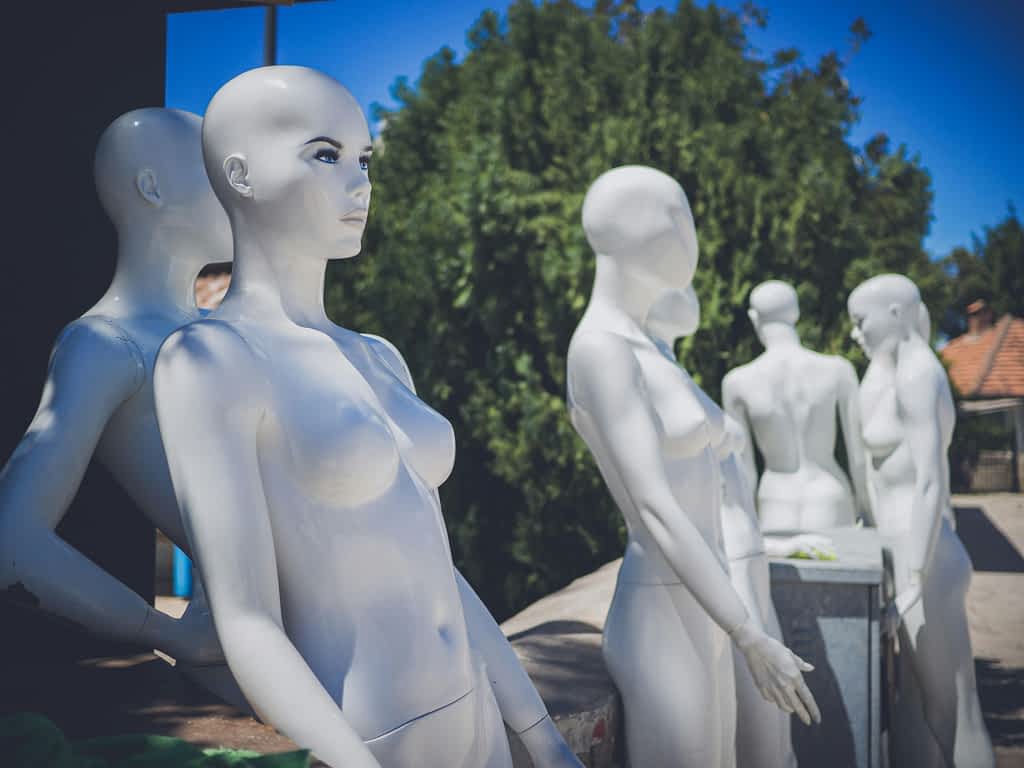
Generalizing All Women
One thing I keep noticing, over and over, is how freely men generalize women. It’s practically a sport, especially in those dark internet corners where the bitter, brooding incels live. These guys talk about women like we’re a monolith: shallow, manipulative, gold-digging, attention-hungry, insert whatever stereotype they’re nursing that day. And don’t be fooled, even the ones who claim to love their wife will still turn around and trash every other woman like we’re all defective clones. Because deep down, men don’t see women as equals. Not really.
You see it most clearly when a man gives a woman a compliment, and, God forbid, she doesn’t react the way he wanted. Suddenly the nice-guy act falls apart. The charm turns into venom. And there it is, that deep, seething resentment that’s been bubbling just under the surface. Because for them, it was never a compliment, it was a test. And when you “fail” it, the mask slips, and you see the ugly truth: when men don’t see women as equals, they feel entitled to our attention.
It takes the patience of a saint not to completely write these men off and wish for some cosmic karma to take the wheel. Every woman I know has a story like this. Hell, most of us have several. It’s exhausting. And it’s just more proof that the dehumanization of women isn’t some abstract theory—it’s playing out in real time, every day, on sidewalks, in comment sections, and in the damn grocery store.
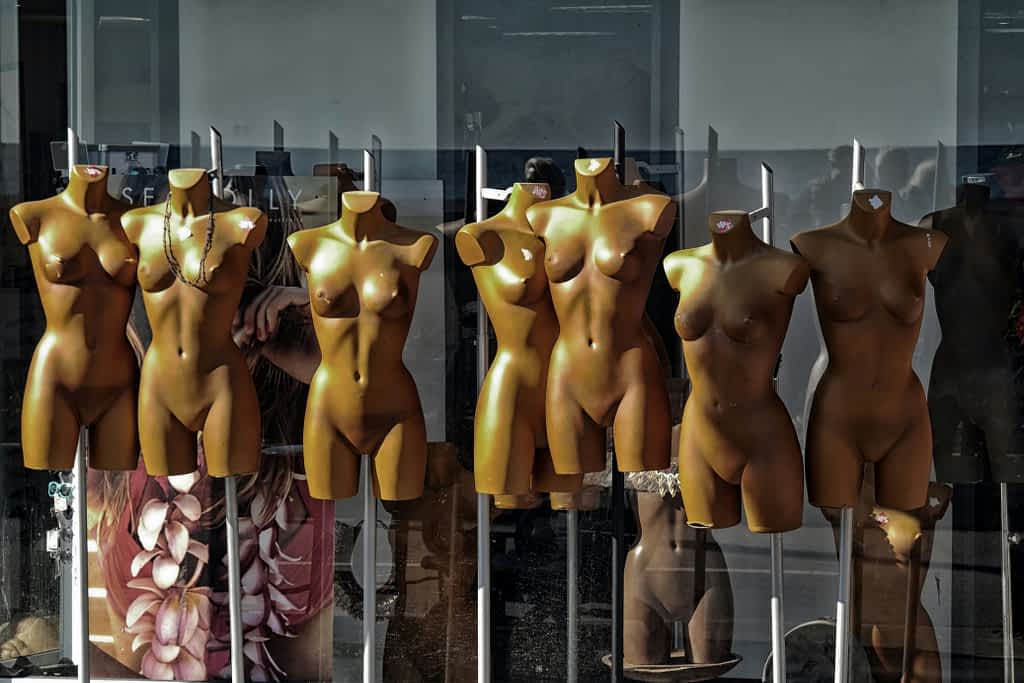
Women Aren’t Seen as Fully Human by Men: A Look at Gen-X Social Conditioning
It’s not a surprise men of my generation have participated in the dehumanization of women when you look at what we grew up with. Much of the misogyny and portrayal of women as not being fully human, was done under the guise of comedy, or cuteness.
Boys will be boys! (If I had a dime for everytime I had to hear that growing up…)
Take the movie “Weird Science” with Kelly Le Brock. A Johns Hughs 80s classic.
The movie’s byline is “If you can’t get a date, make one!” The movie is about nerdy boys who create their version of the perfect woman, from a Barbie doll. She’s there to serve and be whoever they want her to be.
“Chip’s Dips, Chains, Whips!”
Madness ensues.
Music Videos Were Especially Active in Portraying Women as Not Fully Human.
When I think back to my first real brush with the dehumanization of women, I didn’t even know that’s what I was seeing. I was about 13, sitting in front of MTV, watching a music video by The Tubes; an ‘80s one-hit wonder with a song called “She’s a Beauty.”
It was supposed to be edgy and cool. But even at that age, something about it felt… off. The whole premise was basically a boy, who looked about my age at the time, climbing into a carnival-style “Woman Ride,” where a string of beautiful women were paraded in front of him like prizes. No personalities. No voices. Just perfectly packaged female fantasy objects for male entertainment. It was bizarre, but more than that, it was telling.
And if I picked up on it as a teenage girl, you better believe 13-year-old boys were picking up on it too, absorbing the message that women exist to be consumed, stared at, and put on display. It wasn’t subtle, and it wasn’t accidental. It was pop culture doing what it so often does: teaching boys that men treating women like objects is not only normal, but desirable.
Looking back now, I realize that was one of my first exposures to how early and casually women aren’t seen as fully human by men. It’s like we’re introduced as props in someone else’s story: decorative, desirable, but always silent.
Think that was intentional, knowing what the main audience would be?
You bet it was.
The title alone sounds like they are selling a car. Last night, I watched the video again for the first time in decades. There are all kinds of examples of women portrayed as subhuman in this video, with the lead singer acting as a carnival barker that is selling the women “ride”.
Lyrics as follows:
She’ll give you every penny’s worth / But it will cost you a dollar’s worth. You can say anything you like / But you can’t touch the merchandise.
The merchandise?? 🙄
I forgot about the nipples on the drum set. 😫 Is it any wonder men don’t see women as equals??
Obviously, the 1980s weren’t the grand opening act for treating women like we’re subhuman. That BS has been playing on a loop since forever. We’ve just been remixing it for each generation.
Even when you rewind to the so-called “innocent” days of the 1950s, the messages were still there. Those chipper, bubblegum-sweet Doo-Wop songs? Give them a closer listen and you’ll hear it; the dehumanization of women, sugarcoated and harmonized. Behind all the crooning and poodle skirts, you’ll find lyrics that guilt-trip women, shame them, blame them, and generally paint us as either fickle manipulators or prize possessions that need to be tamed.
And no, I’m not even talking about “Baby It’s Cold Outside.” It gets worse. Much worse.
But hey, different time, right? We’ve evolved since then. We’ve moved forward. Women are seen as equals now. We’ve got jobs, rights, voices, visibility.
Right?
And yet… somehow, the vibe lingers. We’ve swapped the doo-wop for trap beats and TikToks, but the message hasn’t changed all that much. Women still aren’t seen as fully human by men, not consistently, and not without conditions.
So sure, “we’ve come a long way, baby.” But the real question is: have we actually arrived? Or are we just dancing in circles with better lighting and a stronger beat?
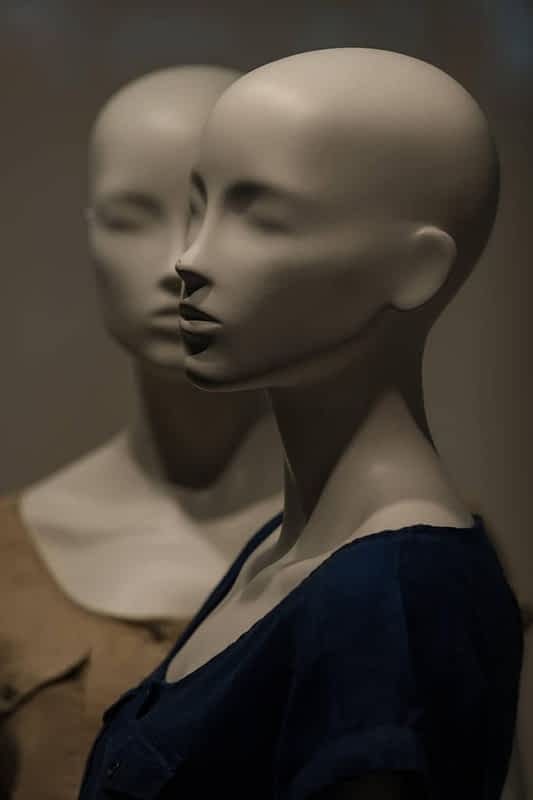
The Dehumanization of Women Starts Early: How Media Shapes Boys’ Views from the Beginning
The dehumanization of women isn’t just some side effect of toxic masculinity or outdated gender norms we forgot to retire. It runs deeper because it’s baked into our culture, our classrooms, our homes. Boys aren’t born thinking women are beneath them; they’re taught. And that teaching starts early. Most people don’t even notice the subtle ways men are conditioned from a young age to see women as less than – less capable, less worthy, less human. But those tiny lessons stack up fast, laying the groundwork for a lifetime of men treating women as objects, bias, entitlement, and inequality.

From the playground to the classroom, boys are shaped by a system of early socialization portraying women as not fully human. They’re taught that strength, stoicism, and independence define their worth, while emotions and empathy are dismissed as feminine and weak. This isn’t just about outdated gender norms; it’s about the foundation being laid for the lifelong dehumanization of women.
This binary thinking doesn’t just limit boys emotionally, it sets up a dangerous dynamic where women aren’t seen as fully human by men. The result is disconnection, entitlement, and a cultural script where men don’t see women as equals, and often slip into treating women like objects instead of people.
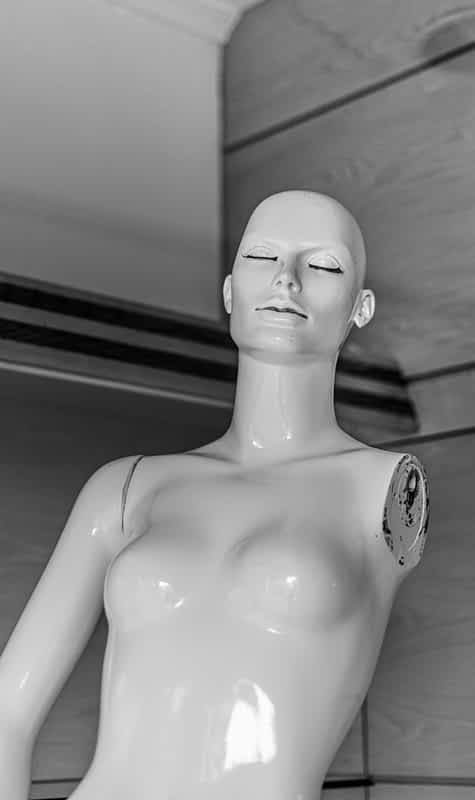
Take, for example, how young boys are praised for being “tough” when they fall; they are told to shake it off, walk it off, man up. Showing pain or vulnerability is a big non-no to young boys. Meanwhile, girls are comforted, hugged, and encouraged to talk about how they feel.
This emotional split happens early; and it matters. It’s a textbook case of early socialization portraying women as not fully human. Boys grow up learning that emotional expression is weak, and weakness is feminine. And if empathy, care, and softness are “feminine,” then they’re seen as lesser.

The Media’s Role in Toxic Masculinity and Women
Popular culture doesn’t just reflect how society sees women, in fact, it actively shapes it. Everywhere you look, the media pushes women into two narrow lanes: either men treating women like objects of desire, or casting them as selfless caregivers whose only job is to nurture others.
This constant stream of messaging drills the same point home: men don’t see women as equals because they’re rarely shown women as equals. Instead, men are bombarded with characters and ads and lyrics that reinforce the idea that women exist purely to serve male wants.
It’s not subtle. It’s conditioning. And over time, it becomes internalized, another brick in the wall of the dehumanization of women, and yet another reason women aren’t seen as fully human by men.
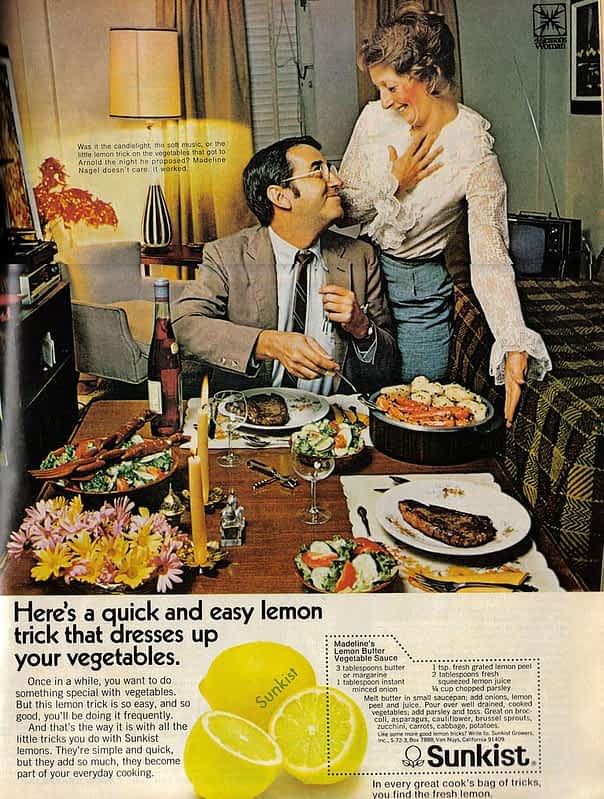
Consider how often we see the classic “damsel in distress” storyline: where a woman’s entire purpose is to sit around waiting to be rescued by some guy with a cape or a sword. It’s everywhere, especially in older movies, cartoons, and even some newer ones that think a messy bun counts as character development.
This tired storyline sends a clear message: women aren’t strong enough, smart enough, or capable enough to handle things on their own. And that kind of messaging is a breeding ground for the dehumanization of women. When girls grow up seeing themselves as sidekicks and boys grow up seeing themselves as saviors, it cements the idea that women aren’t seen as fully human by men.
It also reinforces that men don’t see women as equals, because how could they? If you’ve been taught your whole life that women need rescuing, you’re not exactly going to hand them the reins.

The Educational Gap and the Dehumanization of Women
While everyone talks about gender gaps in certain fields, what gets overlooked is what schools actually teach (or fail to teach.) Take history classes: they tend to spotlight men’s achievements while brushing past or completely ignoring women’s contributions.
This kind of omission fuels the dehumanization of women by making it seem like men are the real movers and shakers, and women are just the supporting cast. It’s subtle, but powerful. It sends the message that men don’t see women as equals, keeping alive the harsh reality that women aren’t seen as fully human by men.
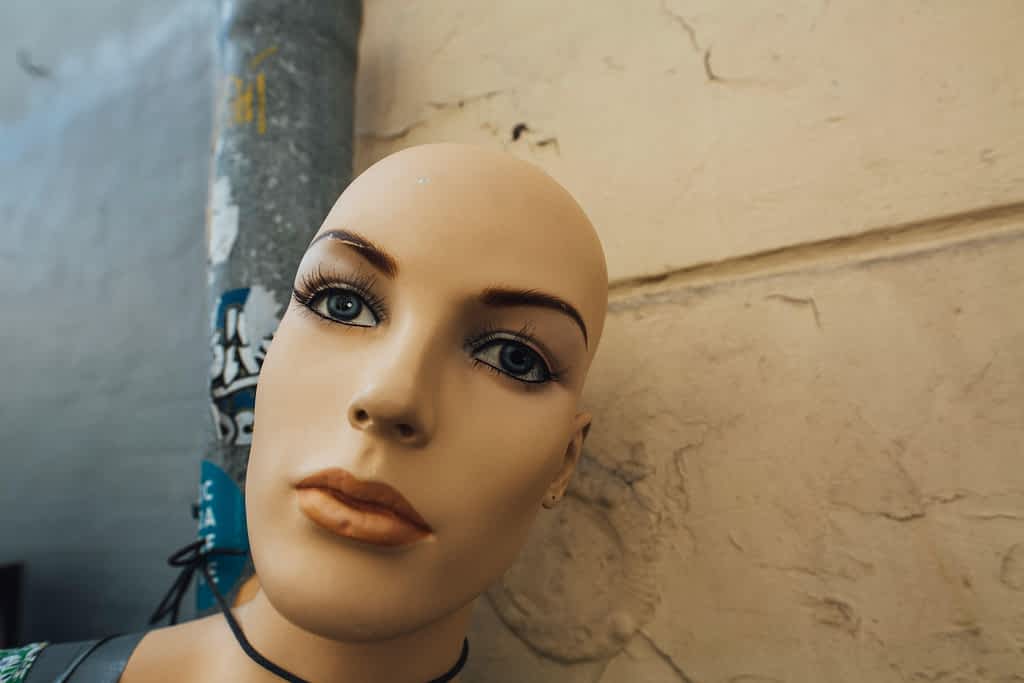
When young boys growing up in the 70’s, 80’s, and earlier see men dominating history books, they start to internalize that men are the world’s creators and shapers, while women just exist on the sidelines. This kind of early socialization feeds right into the dehumanization of women. By erasing women’s voices and achievements, schools reinforce the idea that women aren’t as important as men, a mindset that makes it easier for men to treat women like objects or refuse to see them as equals.
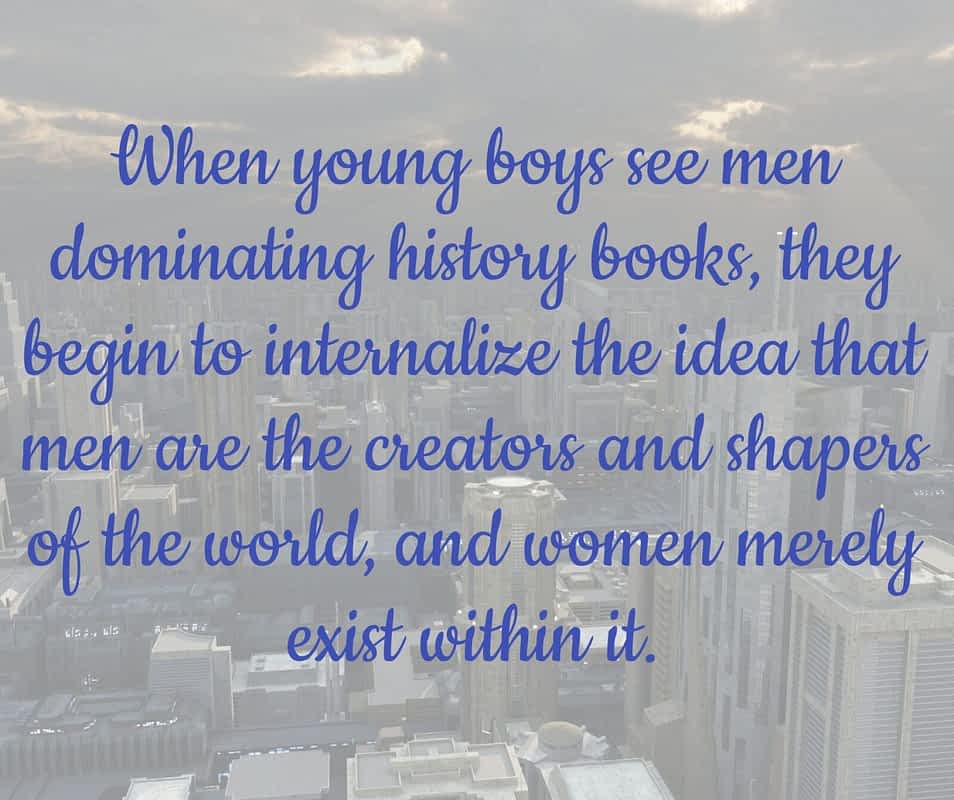
Toxic Masculinity and Women: The Impact of Peer Culture
Peer culture among boys often centers on proving masculinity, which all too often means men treating women like objects or worse; straight-up dehumanizing them. Locker room talk becomes a free-for-all where women get reduced to nothing more than physical conquests or punchlines.
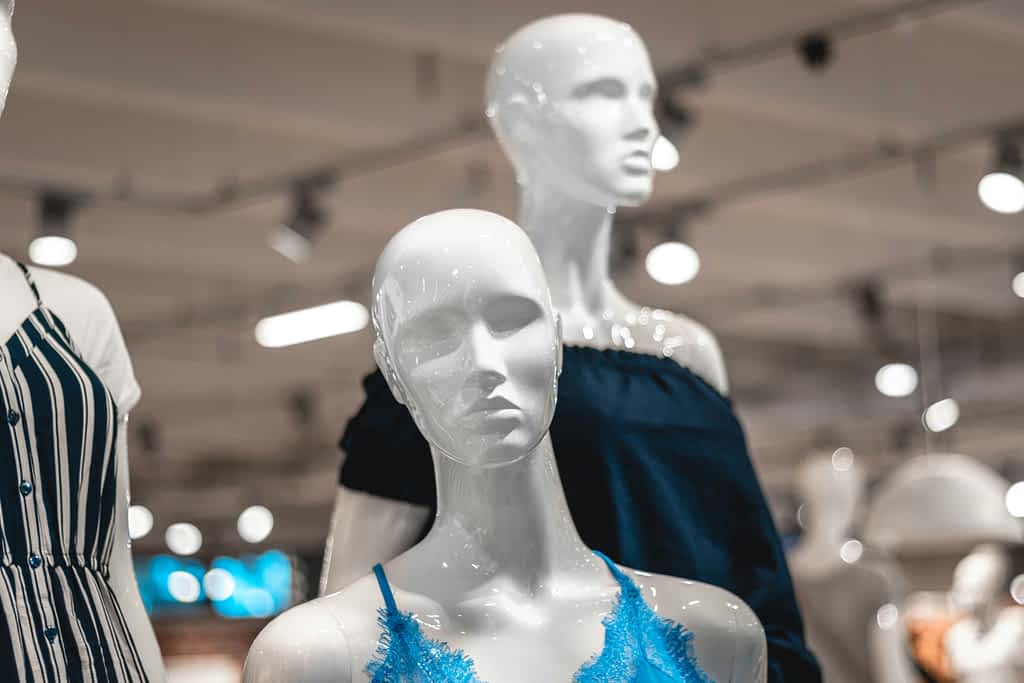
These conversations aren’t just harmless talk because they reinforce a way of seeing the world where men treat women like objects instead of recognizing them as fully human, with their own thoughts, feelings, and rights. This dynamic gets even stronger during adolescence, when boys are figuring out who they are. The pressure to fit into rigid masculine roles pushes them further away from empathy, making it easier to buy into the dehumanization of women and keeping women from being seen as equals..
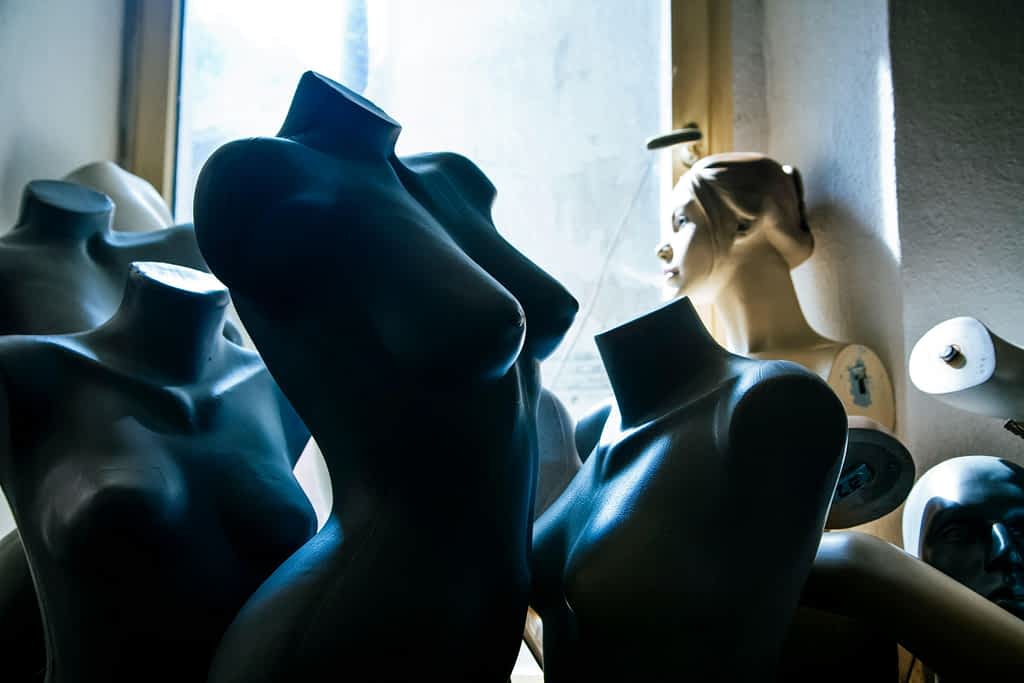
Consequences in Adult Relationships When Men Don’t See Women as Equals
This early conditioning doesn’t just vanish when guys grow up – it sticks around, making it tough for men to see women as equals in relationships. Too often, they treat their partners like accessories or sidekicks, not actual people with their own minds and feelings.
You know the moves: making decisions solo, brushing off her opinions as “too emotional” or “irrational.” It all comes from a deep-rooted mindset fueled by years of the dehumanization of women, where men don’t see women as fully human and automatically put their own experiences on a pedestal.
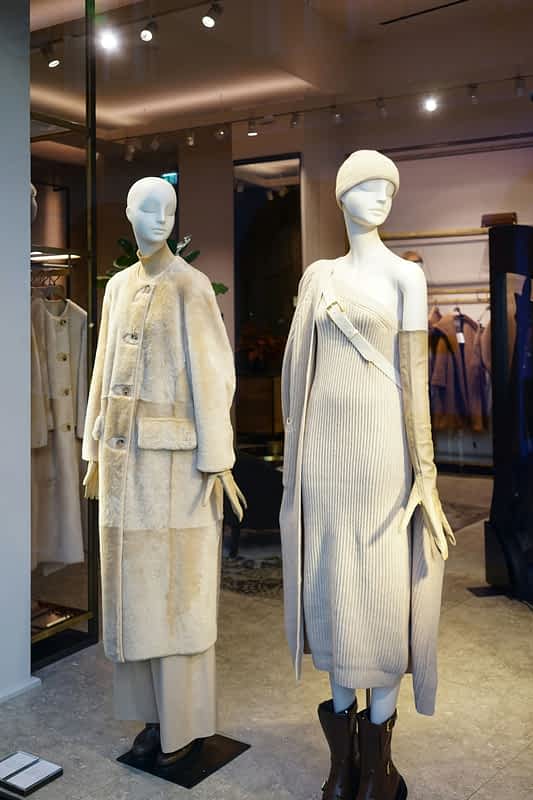
Challenging the Dehumanization of Women
Breaking this cycle takes more than just calling it out; it means flipping the script entirely. Men need to wake up to how they’ve been conditioned to dehumanize women, often without even realizing it. That means rejecting not just the obvious gender bias but also the sneaky, everyday ways women get written off or put down.
Parents, teachers, and society as a whole have to step up and create spaces where boys actually learn empathy, respect, and that men don’t see women as equals, because right now, they clearly don’t. Media needs to stop showing women as props or stereotypes and start portraying them as fully fleshed-out humans. History classes need to catch up and treat women’s achievements like they actually matter.
Until we confront these deep-rooted attitudes head-on, women won’t be seen as fully human by men, and true equality will keep slipping further out of reach.
This post may contain affiliate links. I earn from qualifying Amazon purchases at no extra cost to you. This content is for informational purposes only and is not a substitute for professional advice. Read full disclaimer.
Thank you for reading this post, don't forget to subscribe!
